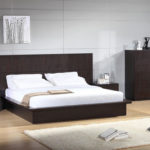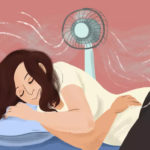The quality of sleep directly impacts human longevity, as we spend one-third of our lives sleeping. A good night’s rest can improve our mental well-being and aid in the recovery of our bodily functions, thus boosting our immune system.
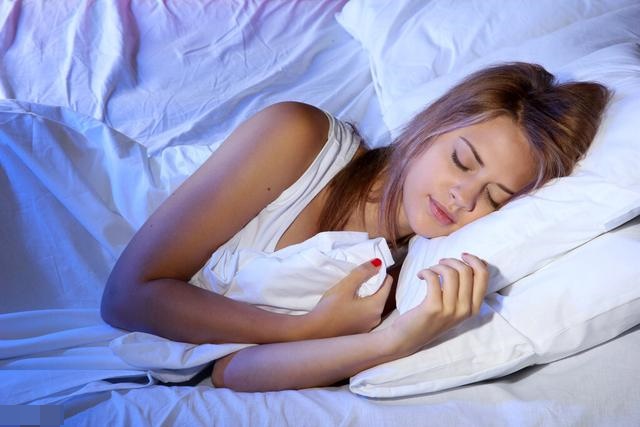
Indeed, a good night’s sleep can enhance our mental well-being and aid in the recovery of our bodily functions, which in turn strengthens our immune system.
What should you avoid placing on your bedside table?
1. Mobile Phones
With the advancement of society, smartphones have become an integral part of our daily lives. It seems that we are almost inseparable from our mobile devices. Before bedtime, most young people tend to watch short videos, read news, scroll through social media platforms such as Facebook or Zalo, or play games. These activities can be engaging, and it’s easy to lose track of time, with some people spending up to 1-2 hours on their phones before sleep.
Staying up late can disrupt your biological clock, affecting sleep quality and harming your eyes. Prolonged screen time before bed can lead to insomnia, nerve weakness, and a constant state of fatigue. It is advisable to turn off all electronic devices 30 minutes before bedtime and avoid charging your phone by your bed, as it may cause sleep disturbances or electrical hazards.

Late-night mobile phone usage can have detrimental effects on your health.
2. Indoor Plants
While indoor plants can create a fresher atmosphere by producing oxygen and absorbing carbon dioxide and toxins, they are not suitable for the bedroom, especially near the bedside.
During the day, plants release oxygen and purify the air. However, at night, this process reverses, and they start absorbing oxygen and releasing carbon dioxide. Having plants in the bedroom, especially near the bed, can lead to oxygen competition, making it difficult to breathe and causing sleep disturbances.
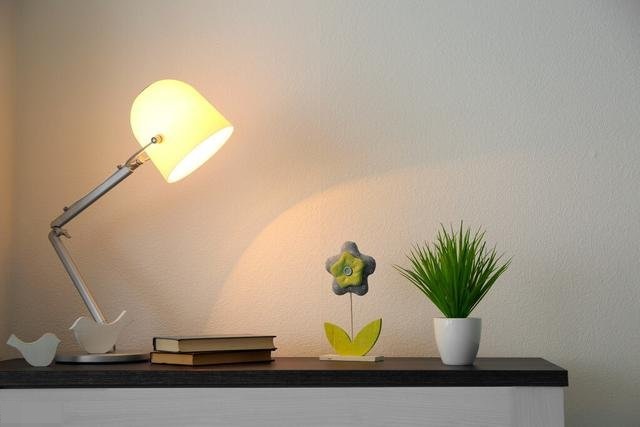
Indoor plants in the bedroom can lead to oxygen competition and breathing difficulties.
3. Mirrors
Avoid placing mirrors at the foot of your bed or directly across from it. Mirrors can create a sense of unease and even frighten some people. This is especially true for those who tend to wake up in the middle of the night, as they may see their vague reflection and feel confused or scared, leading to lingering psychological effects.
4. Stuffed Toys and Cuddly Pillows
While many people find comfort in having stuffed toys or cuddly pillows on their bed, these items can negatively impact your health. Despite appearing clean and cute, they can harbor dust mites and bacteria. If not cleaned regularly, they may cause skin irritation or respiratory issues such as rhinitis or asthma.
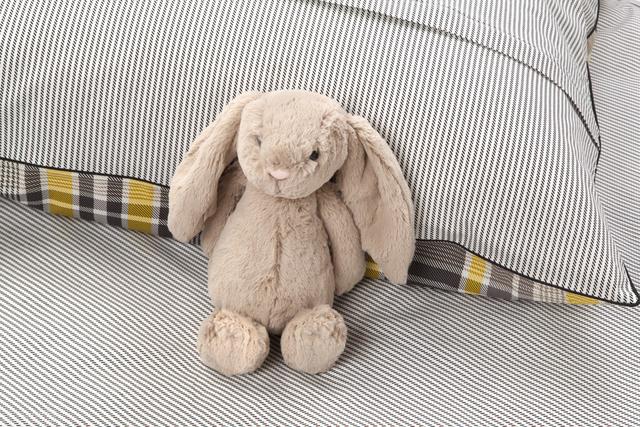
Stuffed toys and cuddly pillows can be a haven for dust mites and bacteria.
How can you create a safe and comfortable sleeping environment?
1. Focus on Darkness and Quietness
In a dark environment, the pineal gland in the brain can promote the secretion of hormones, including melatonin, which plays a crucial role in regulating sleep. Ensure your bedroom is dark, as even a small amount of light can interfere with hormone secretion and disrupt your sleep-wake cycle. Consider using blackout curtains, turning off lights and electronic devices, or using an eye mask. Additionally, maintain a quiet environment, as noise can disturb sleep. If necessary, use earplugs or soundproofing materials to create a more peaceful space.
2. Pay Attention to Your Bed
The ideal bed height should be slightly below your knees when standing. Opt for a firm wooden bed frame and a mattress with medium firmness to maintain the normal physiological curvature of the spine and prevent disc herniation and lumbar problems.
3. Adjust Pillow Height
Using a pillow that is too high can strain your neck, causing muscle tension and pain. On the other hand, a pillow that is too low can lead to jaw elevation and mouth breathing, resulting in snoring. The ideal pillow height should be soft and comfortable, approximately the height of your fist.
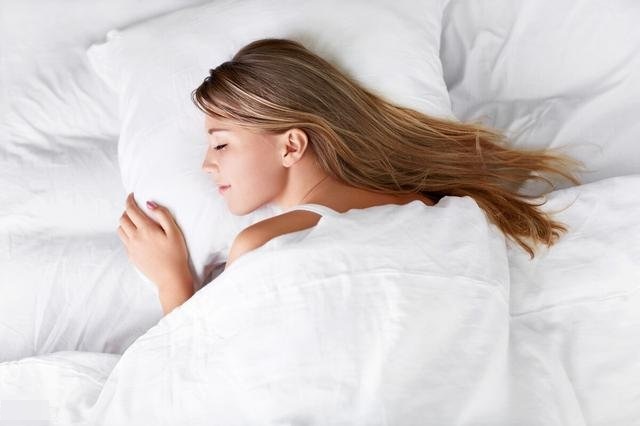
A properly adjusted pillow height can improve sleep quality and reduce spinal issues.
Tips:
As winter approaches and the temperature drops, use a quilt to stay warm and cozy at night. Wash your bedding, including sheets, blankets, and pillowcases, at least once a week, and sun-dry them afterward to ensure hygiene. Keep your windows open during the day to maintain fresh air circulation and reduce indoor lighting or use curtains at night. Maintain a comfortable temperature of 23-24°C and a humidity level between 40-65% to create a pleasant sleeping environment.
By An Nhiên – Vietnamnet
Tips for Keeping Cool on a Hot Summer Day
As extreme weather patterns become increasingly common, many are struggling to find ways to cope. With temperatures in our country rising and cooling far beyond what used to be considered normal for the season, winter often feels like spring and summer can be oppressive and sweltering. How can we prepare for and manage the drastic shifts in climate?
How to Make Sure You Buy the Perfect Mattress for Optimal Sleep and Health
Want to know the essentials of selecting a quality mattress that will give you a peaceful night’s sleep and boost your health? Look no further! This article provides all the key advice for finding a mattress that suits your specific needs and ensures you get a well-deserved rest. Get the important information you need to make the perfect mattress choice right here.


























